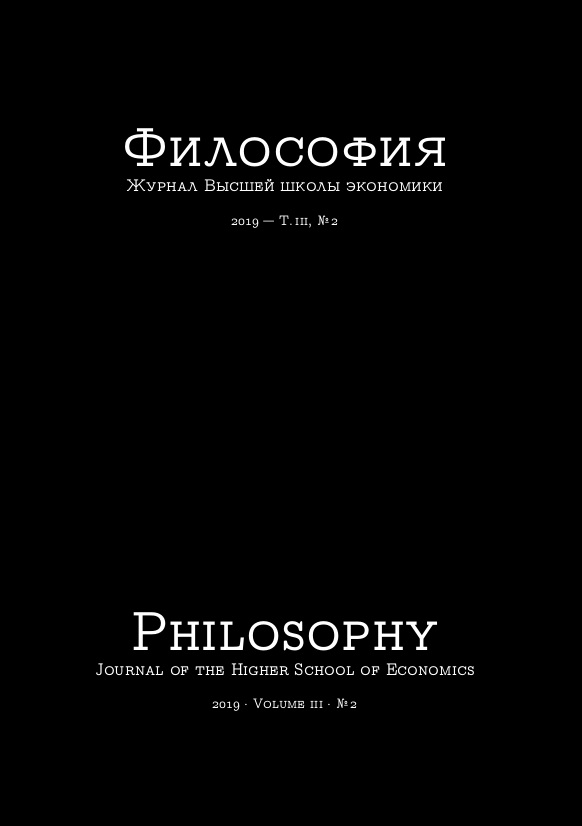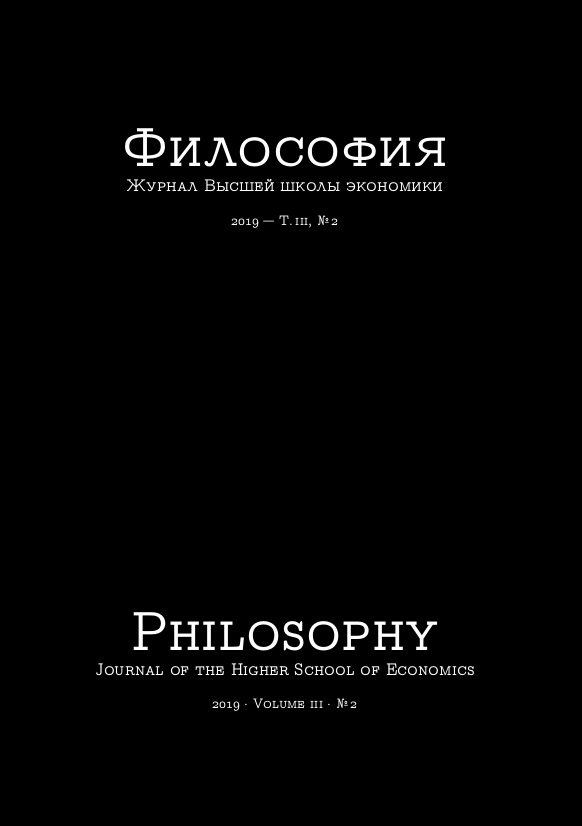
The concepts of "public", "private", "intimate" are one of the key categories of the modern — and, in particular, the categories of the political. Following the Annales school we can recall that the emergence of the "public" is connected with the formation of the space of "private life" or, following Norbert Elias, about Louis XIV as the last king of the "old style", whose existence practically does not know the distinction between "private" and "public ", in contrast to his successors, for whom there will be — including in the space of residences — spheres of their existence as a "king "and others, where they turned out to be "man". This issue of the journal is devoted to the analysis of some plots related to the understanding, functioning, and dynamics of the above concepts in the space of the Russian Empire of the 18–19 cc.
The problematic of this issue continues the issues raised a year ago in issue 2 for 2018, where the concepts of "revolution" and "reform" were in the center of attention. In 2019, public and non-public practices of power and near-power groups are analyzed: forms and methods of interaction, "silence figures", factors of access to public space, unofficial tools and technologies for managing power and public space. The issue opens with an article by Andrei Maltsev, devoted to "admiring nature" as a component of "private life" in the context of the philosophical discourses of the 18th century. The article by Bogdan Gal' analyzes another aspect of the "private life" of the Russian nobility and its exits to the public plane in everyday life — using the example of the "marriage strategies" of Little Russian officials of the late 18th century. The next three articles of the issue cover the problems of "public" and "private" during the reign of Nicholas I — the key time for the folding of ideas both in power and in the actively emerging "public" about the principles of interaction. Grigoriy Bibikov considers the supervision of the III Section of His Imperial Majesty’s Own Office for provincial officials — their "private life" and public behavior. Svetlana Voloshina analyzes the "denunciations" and "agency reports" in Section III as a practice of "intimate" interaction with the authorities on the part of individual representatives of society. Dmitry Badalyan reveals the hidden mechanisms of interaction between the literary world and the Third Section at the turn of the 1820s — 1830s. The article is completed with an article by Yulia Safronova, devoted to the analysis of petitions to the Ministry of the Imperial Court in 1850 — early 1860s as a special non-public practice of interaction between Russian citizens and the central government.
The publications section presents a translation of Benjamin Constant's "On Political Reactions" (1797) (translated and introductory article by Eugeny Blinov). Immanuel Kant's famous treatise "On the alleged right to lie out of philanthropy" was the answer to this text of the classic political philosophy.
The reviews section contains reviews (1) of Maria Marey on Kiril Solovyov's book "The Political System in the Russian Empire in 1881–1905", describing informal mechanisms of interaction within the institutions of the Russian government at a specified historical interval; (2) Andrey Teslya at the work of Olga Makarova "The "women's issue" in the life and work of A. S. Suvorin" dedicated to the interweaving of biographical, journalistic and literary contexts of A. S. Suvorin's "women's issue" throughout his long life. The issue is completed by Alexander Markov’s critical answer in connection with A. T. Yunusova, E. A. Shcherbakova, N. P. Grintser, and A. V. Garadzha on the translation of "Symposium" of Plato and "Metaphysics" of Aristotle, published in issue 1 of the journal "Philosophy" this year.
Andrey Teslya and Lyubov' Bibikova






